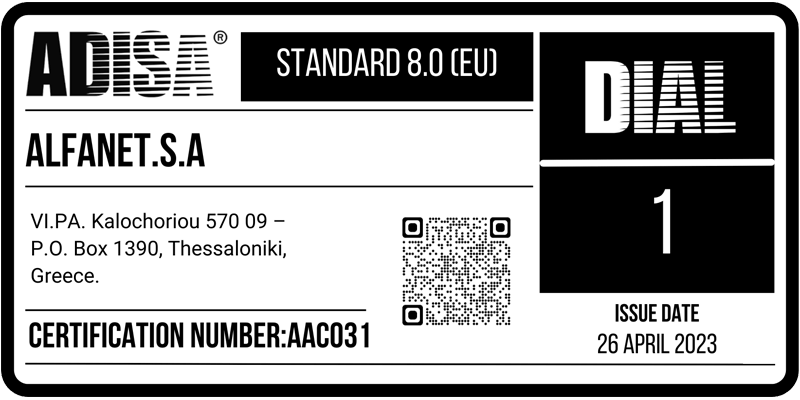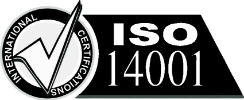The rapid increase in demand for refurbished IT equipment during the last few years, has raised multiple questions regarding its reliability and functionality. Having spent 25 years in the field of information technology and distribution of refurbished equipment, we’ve received numerous enquiries and questions from IT professionals and companies:
- Where does the equipment come from?
- Will we be purchasing old, used and/or defective equipment?
- How can we be sure that the equipment has been properly tested and won’t be faulty?
- Are the BIOS and drivers up to date?
- Is the Windows OS the genuine one?
In light of the above and with the intention to provide the clear responses we’ve complied the following Q&As:
1. What is a refurbished IT asset?
According to OEMs (HP, DELL, IBM, LENOVO, CISCO, etc.), a 'refurbished' asset is a used asset which after it has been restored to its initial condition and undergone a thorough quality control process, it returns back to its initial condition, both functionally and aesthetically (like-new condition).
2. Where does refurbished equipment come from?
The main sources of used equipment are:
- Stock Surplus - Refers to returns of older models from large distributors after new models have been launched to the market
- IT Rollouts – Refers to a corporate decision to purchase new IT equipment and decommission the existing ones
- Demo equipment - Refers to products that used for retail demonstrations and which are withdrawn due to the release of newer models
- Customer returns and canceled orders - Refers to fully operating systems that have been dispatched from the manufacturer's warehouse and can no longer be resold as new
3. Is there a difference between used and refurbished (remanufactured) equipment?
According to the official definitions, used is the equipment that:
(a) has not passed the necessary QC stages and updates, hence there is no warranty, or it has a short warranty period
(b) has been previously used and does not come from any surplus stock or cancellations
(c) its metal and plastic parts are partly or fully damaged
(d) usually does not have any original operating system installed but rather carries the old users’ license
(e) its storage media may contain past users’ sensitive data
On the contrary, the refurbished equipment:
(a) has passed an extensive QC process and BIOS/drivers update and is also accompanied by a long warranty period
(b) has no external damage to metal and plastic parts, because it is repainted to the original colours
(c) has the original operating system installed, a fact that is proven by the attached authenticity sticker label
(d) its storage parts do not contain sensitive data of older users and this is proven by the issuance of approved erasure certificates
4. What should I be aware of when I purchase refurbished equipment?
There are several key points to consider before purchasing refurbished equipment:
- Make sure that the equipment you buy is not used/second-hand but refurbished, by asking the supplier to evidence the applied refurbishing process
- Ensure that the supplier has all the standard certifications that guarantee the functionality of the equipment as well as the recognition of its professionalism, facilities and character (ADISA, MAR, ISO 41001, ISO 9001)
- Ask the supplier about who has refurbished the equipment and request the appropriate warranties. The refurbished equipment shall be accompanied by a written warranty of up to 5 years, whilst the used/second-hand one will only have a maximum of 1-year warranty
- Make sure the equipment that you purchase has the genuine operating system installed
- Ask the suppliers for their registration certificate issued by the National Register of Producers. This a legal requirement for all businesses operating in Greece that are reselling/distributing either new or refurbished IT & Telecom equipment
- Ask the suppliers for their return policy and fault recovery support
5. Why would I buy refurbished equipment?
Above all, refurbished IT equipment has been proven to be far cheaper than the new one. More specifically, when it comes down to replacing a large number of IT equipment, then the financial benefit is even greater.
Moreover, purchasing refurbished IT equipment is an integral part of a corporate social responsibility policy, aiming to reduce environmental pollution.
Being Microsoft's first Microsoft Authorized Refurbished Program Partner in Greece under the (MAR) program, Alfanet A.E. continues to serve the needs of all its customers aross a wide range of IT equipment.
With a 25-year experience in the IT industry, we are the leaders in the distribution of refurbished equipment in Greece and South East Europe and we continue our growth and development in line with the ISO 9001, ISO 14001 quality and ADISA safety standards, in which we are innovative.
For any further question or query, please do not hesitate to contact us on +30 2310 586 150.



















